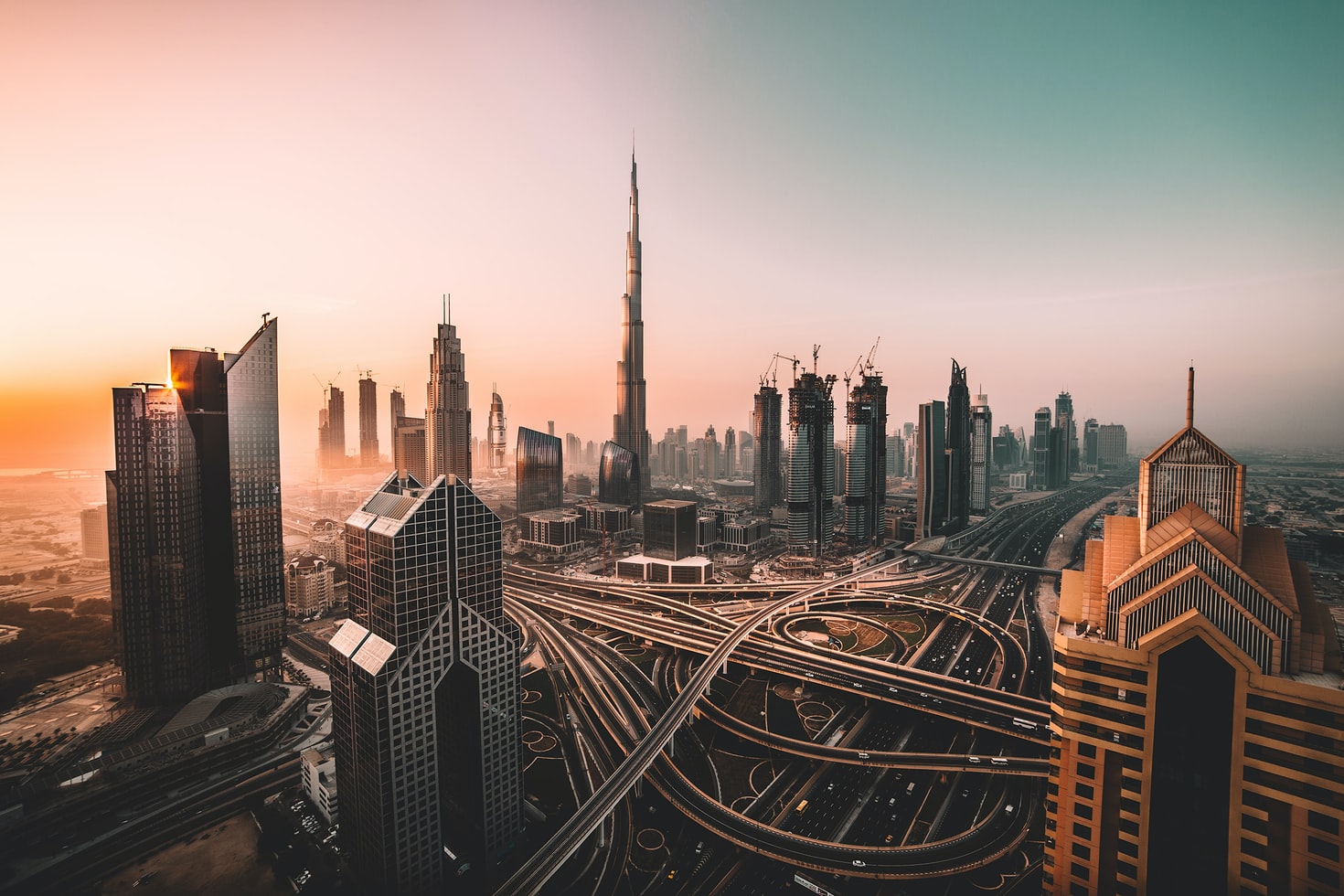In a move to also take part in the production and promotion of green H2 as an alternative to fossil fuel energy sources, Dubai has taken another major step. The emirate now joins other countries of the world that are working towards the realization of net-zero emissions by the year 2050. The move is seen as not only timely but also important for Dubai’s quest for sustainable clean energy production.
Dubai Electricity and Water Authority (DEWA) sent out an invitation in October for bids from interested consulting companies. More precisely, the emirate is seeking to get proposals for a green H2 strategy. “The strategy will boost our efforts in the green mobility sector and help us cut down carbon emissions,” said DEWA on Wednesday 27th October 2021 in its statement about the invitation for bids.
The invitation is, however, not Dubai’s first-ever step. There have been plans and projects to help produce hydrogen and realize the dream of having 100% clean energy. A few months ago, precisely in May 2021, Dubai together with Germany’s Siemens had jointly opened a plant that would help produce green H2 using solar power. The project was promoted as a unique one and a game-changer if it succeeds, especially in the production of large-scale energy.
Set up and piloted at the DEWA Research and Development Center, Dubai and Germany’s Siemens Energy plant was the first-ever such project in the region. For the record, no other company or country in both the Middle East and North America had tried or even thought of launching a similar project. The plant still runs at the Mohammed bin Rashid Al Maktoum solar park in Dubai. During the day, it produces hydrogen which at night is converted to electricity.
Many other projects are in the pipeline and all are geared towards making sure that Dubai is part of the world’s shift into the use of clean energy. Currently, in collaboration with Emirates National Oil Company, DEWA is putting resources and plans towards the building of a hydrogen fuelling station. The plan is part of the many strategies outlined in the Dubai Green Mobility Strategy 2030 that seeks to shape Dubai’s path to 100% clean energy now and in the future. But that’s not all!
Going forward, green H2 is likely to get more attention and funding as part of the efforts to develop a sustainable green mobility sector. Key areas of focus will not only be about production but there will also be considerations about fuelling stations as well as transport of hydrogen, especially for industrial or large-scale use. Most importantly, all efforts will seek to contribute to the initiatives aimed at realizing zero carbon emissions.
Various industries are also finding ways and means of contributing to Dubai’s path to clean and sustainable energy. The major concerns now are about the generation of thermal and electrical energy that’s 100% clean. While there is a lot to do to make it a reality, there are already many indicators that the efforts being put into various projects will likely yield some good results. The number of resources, time, and expertise being put into various ongoing projects is sufficient to give hope for the realization of clean energy production.


